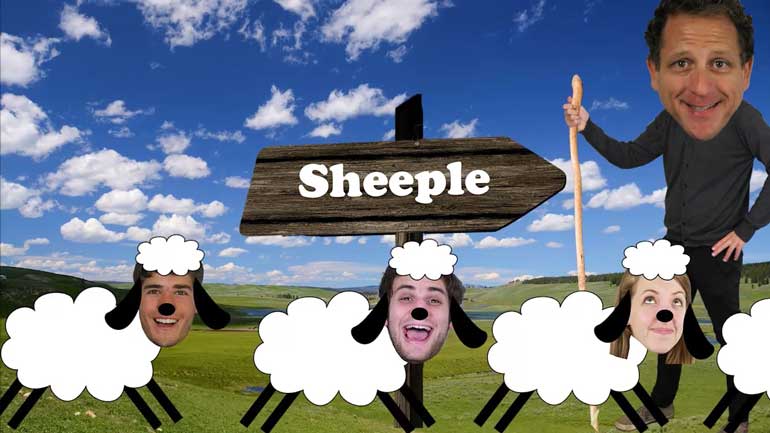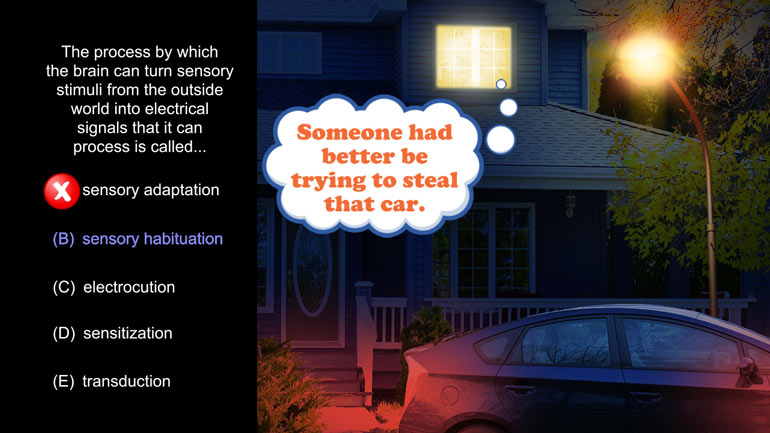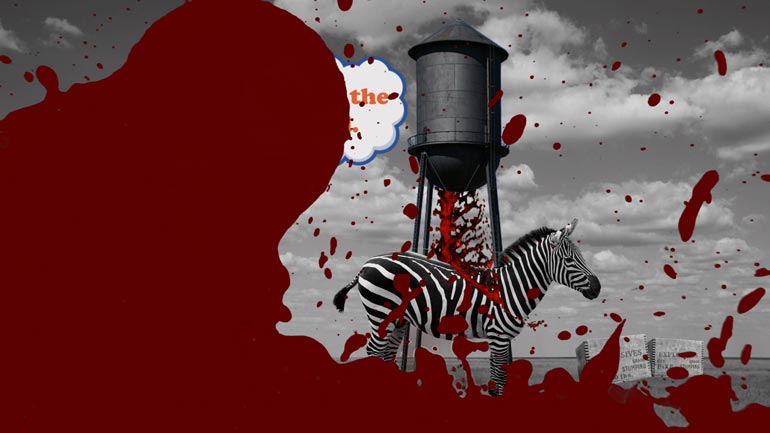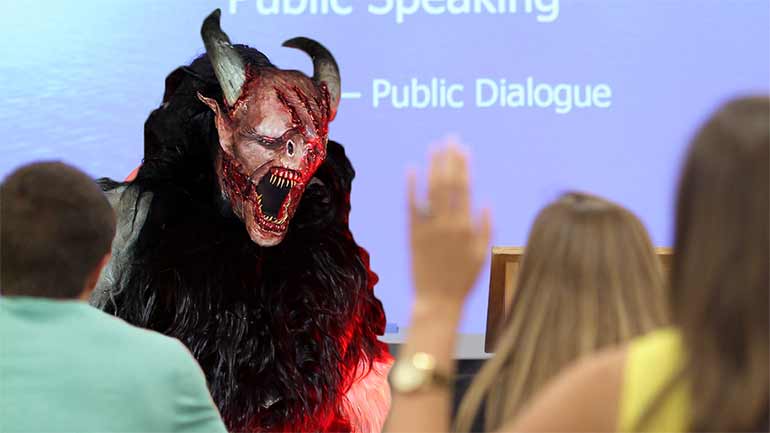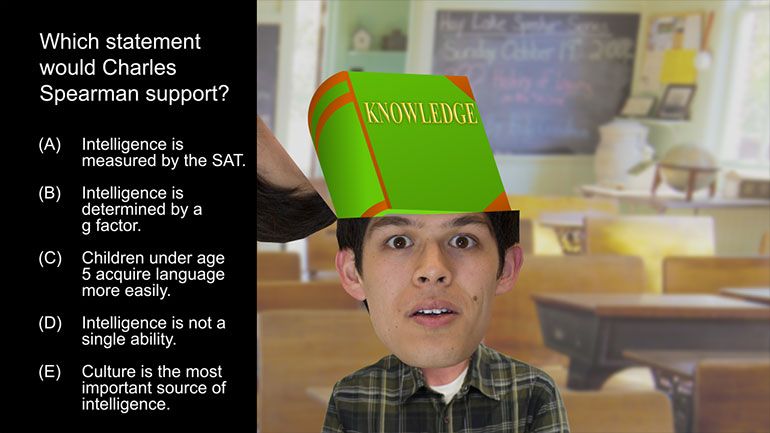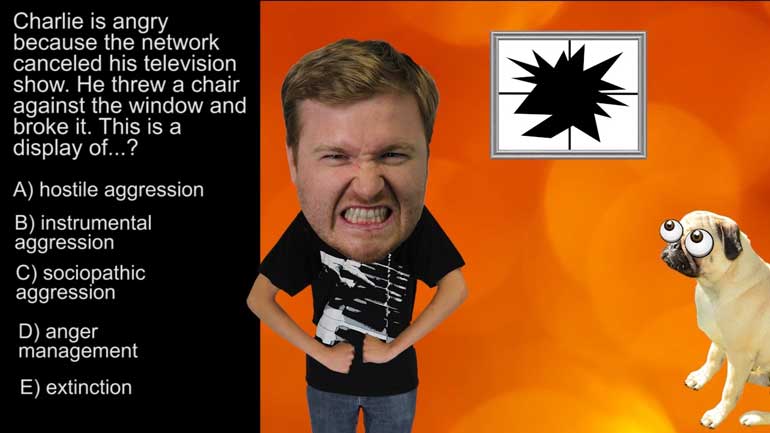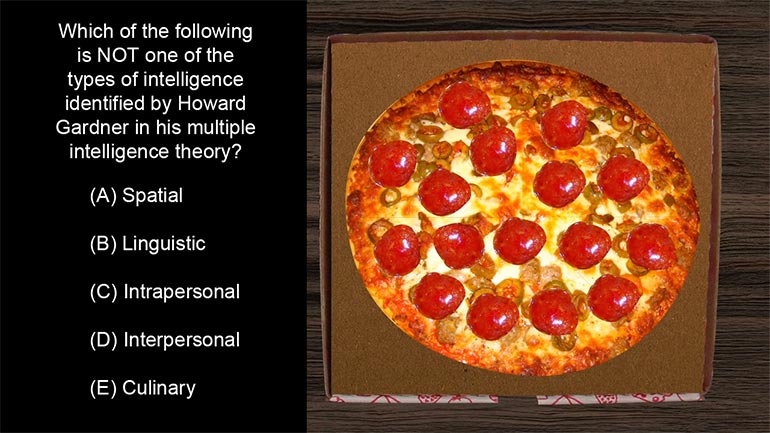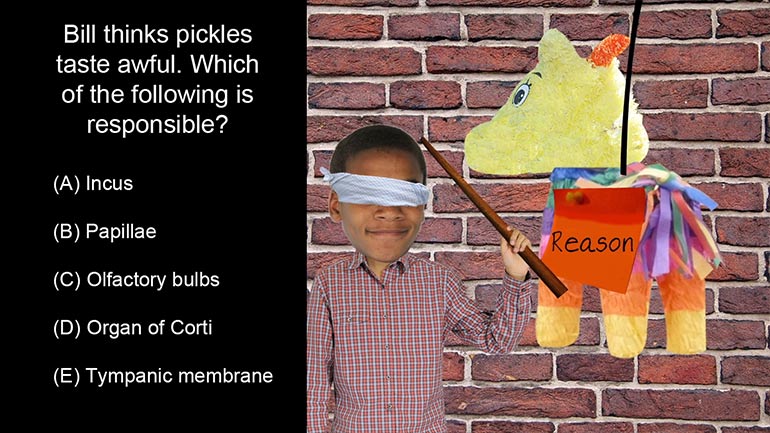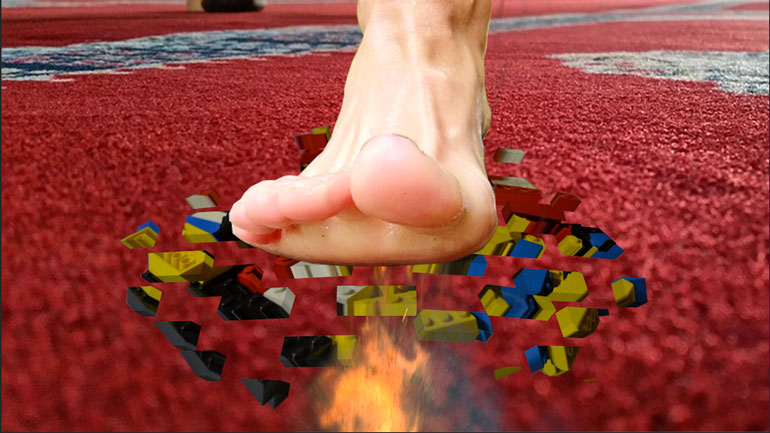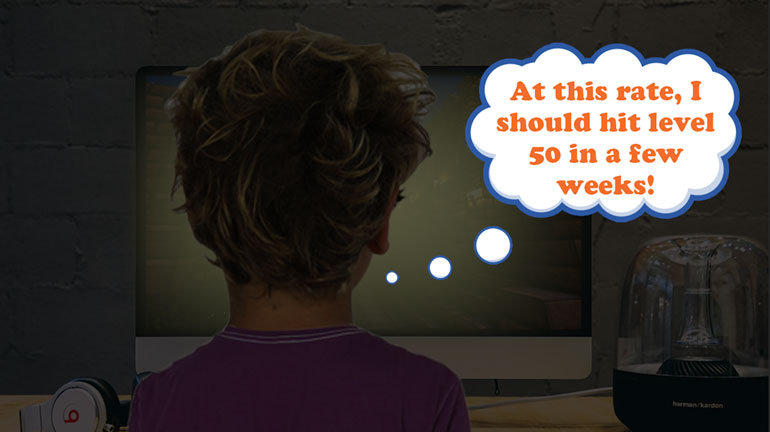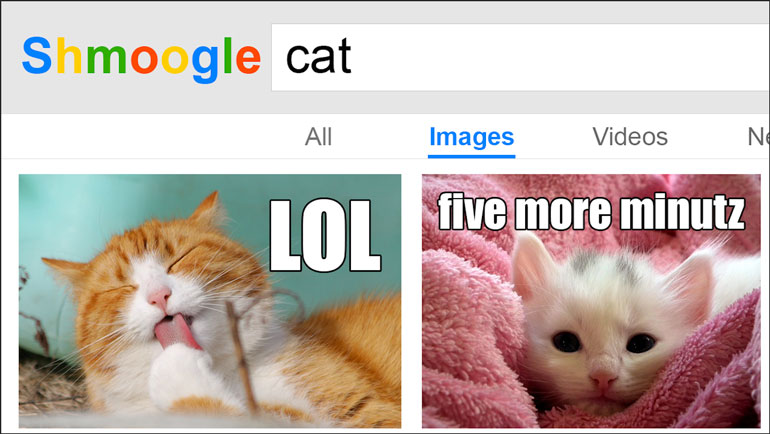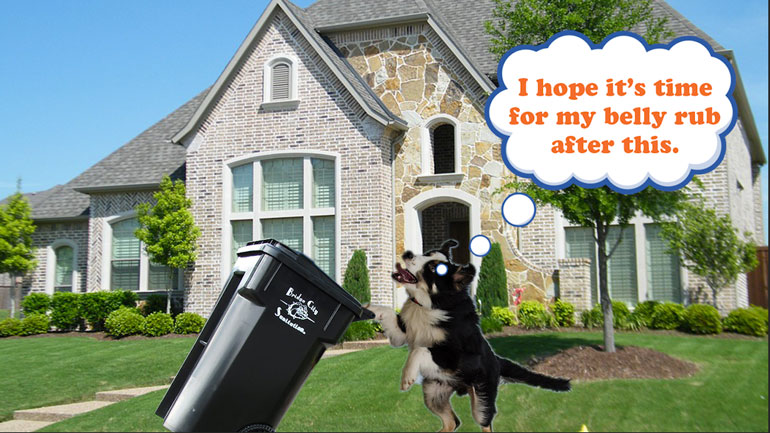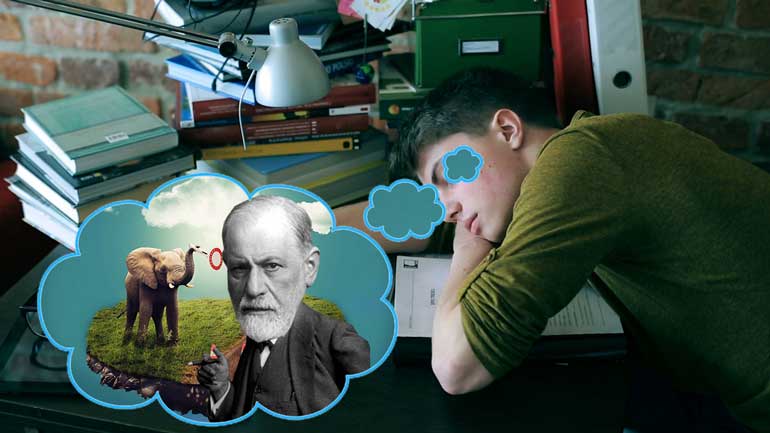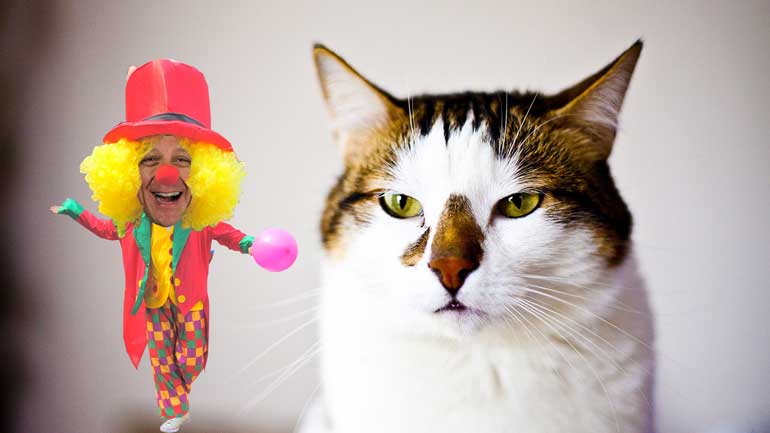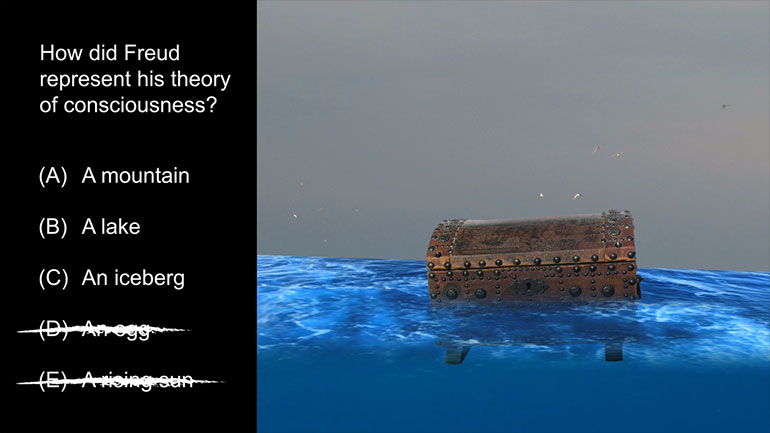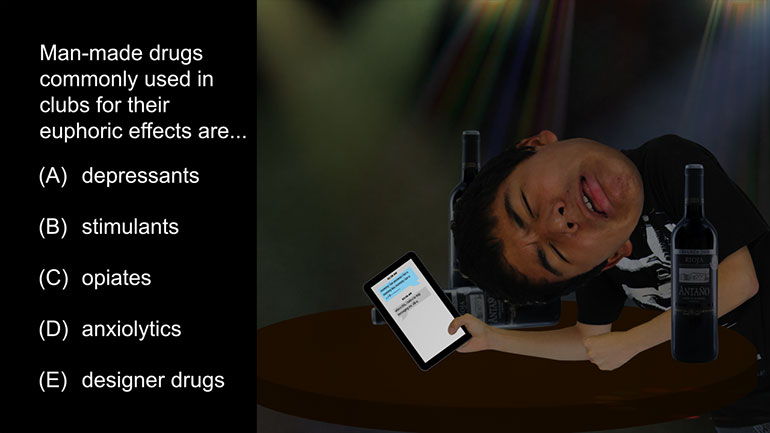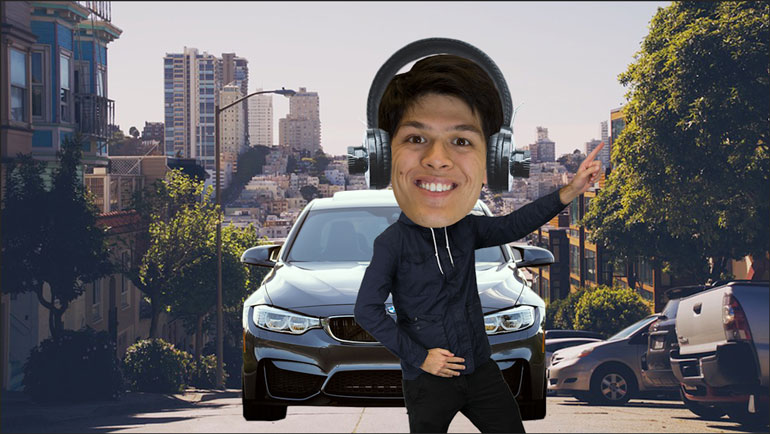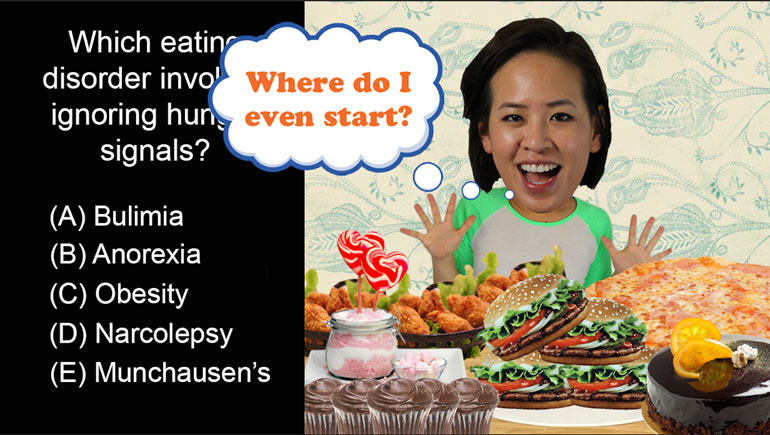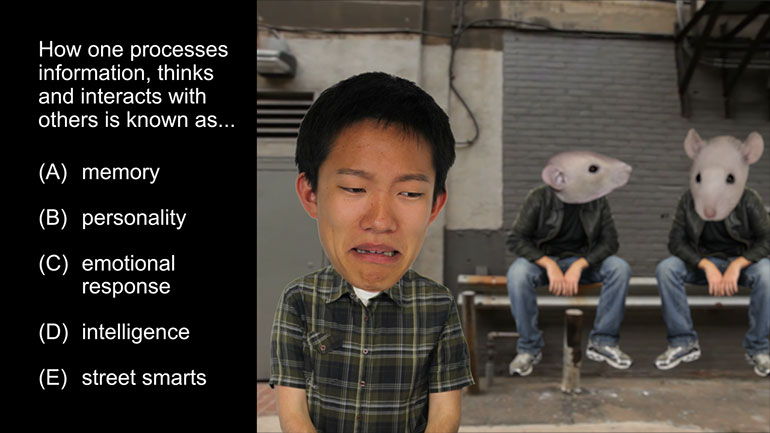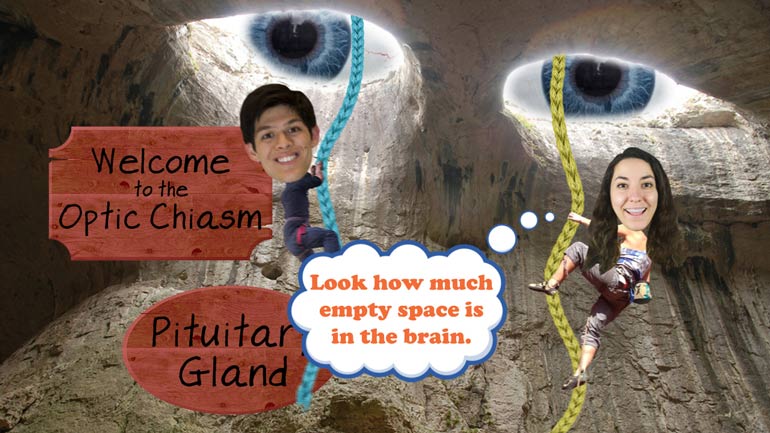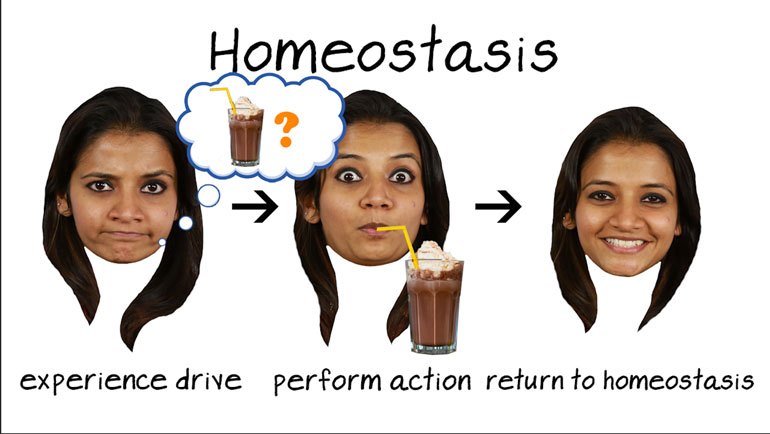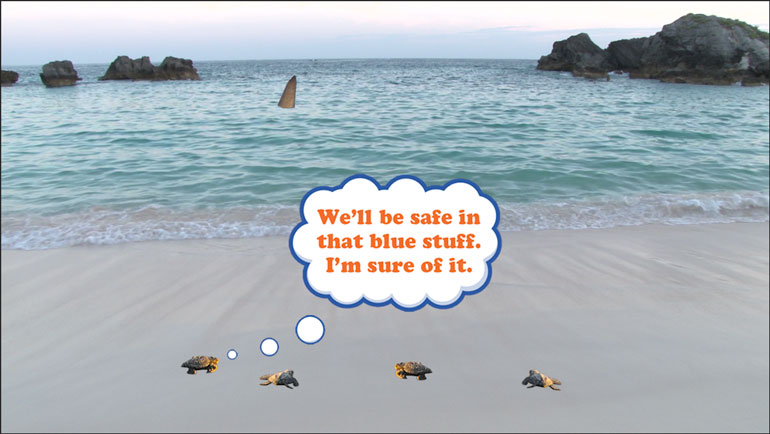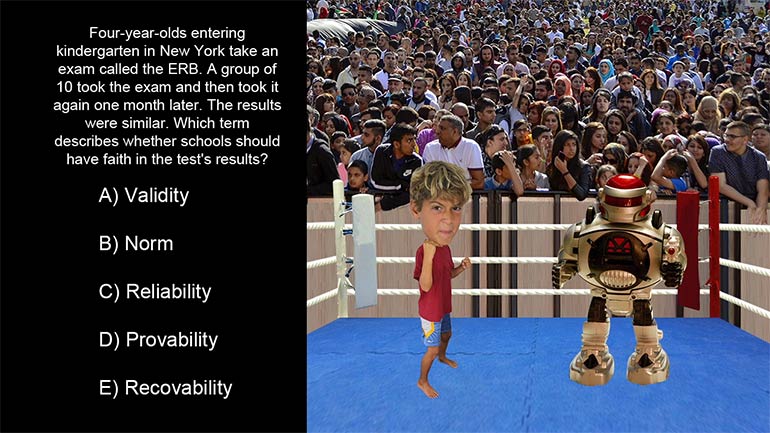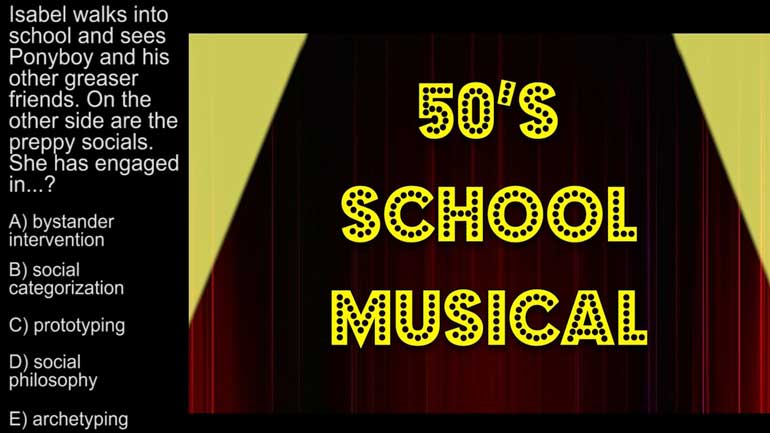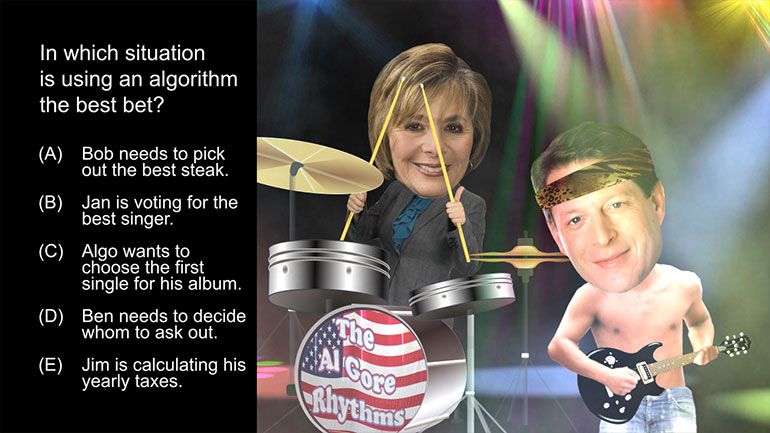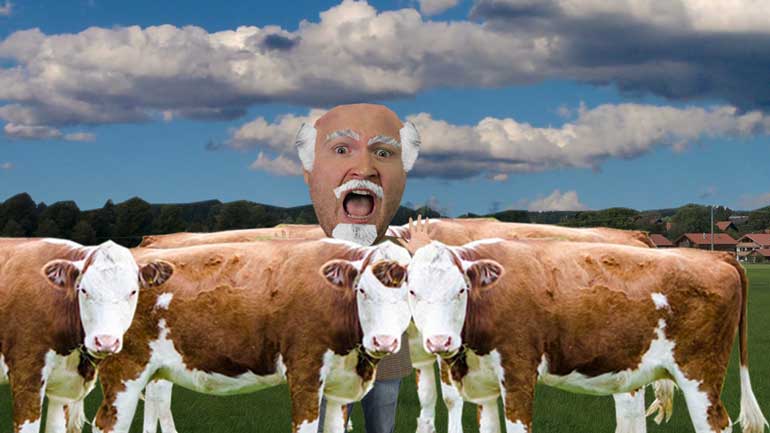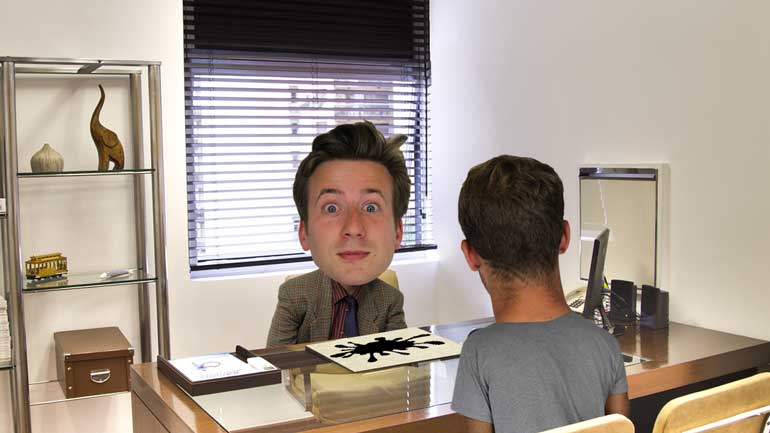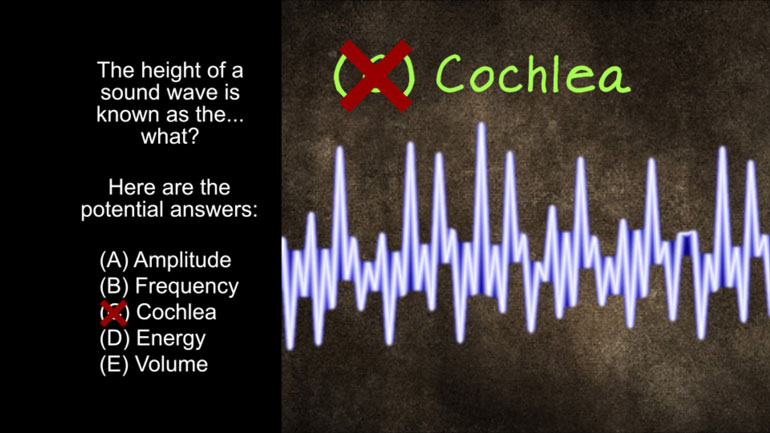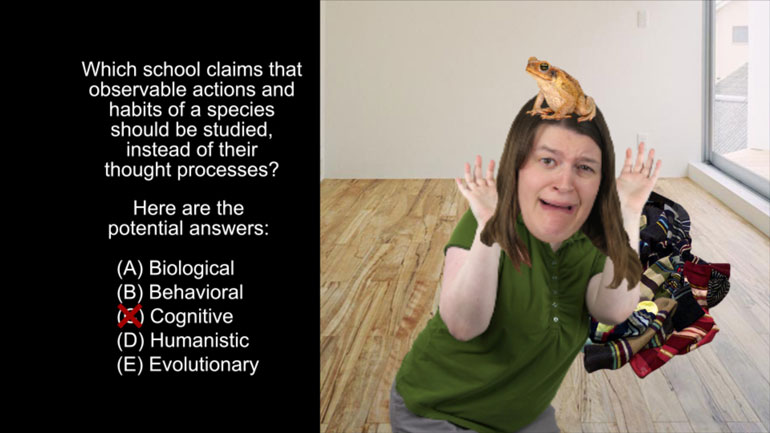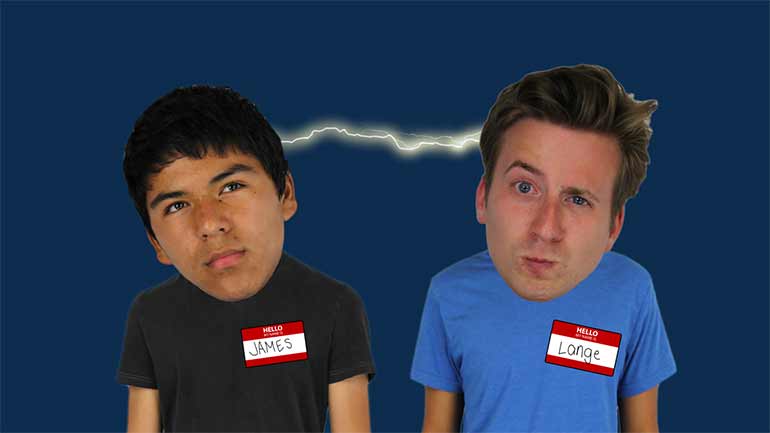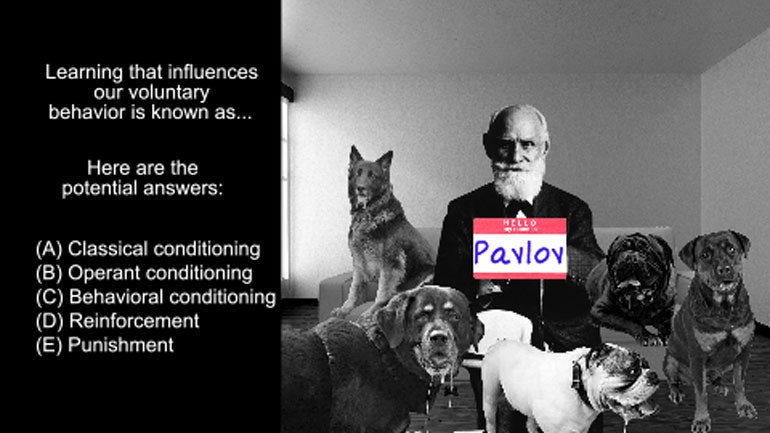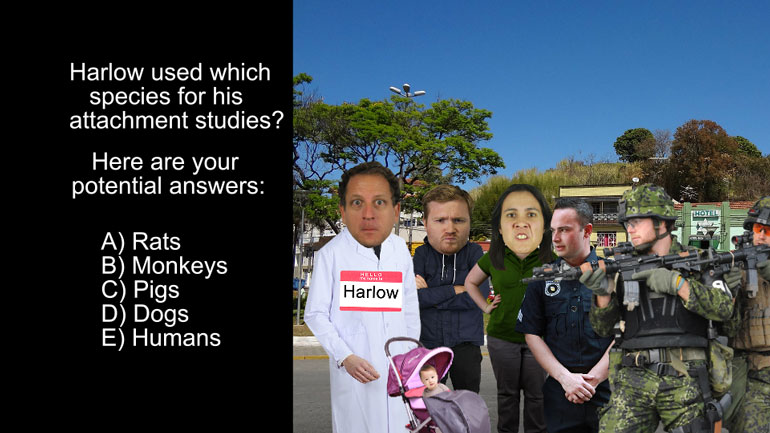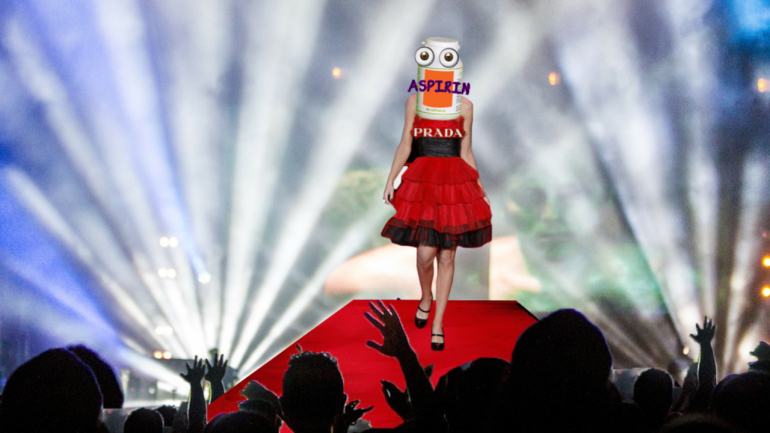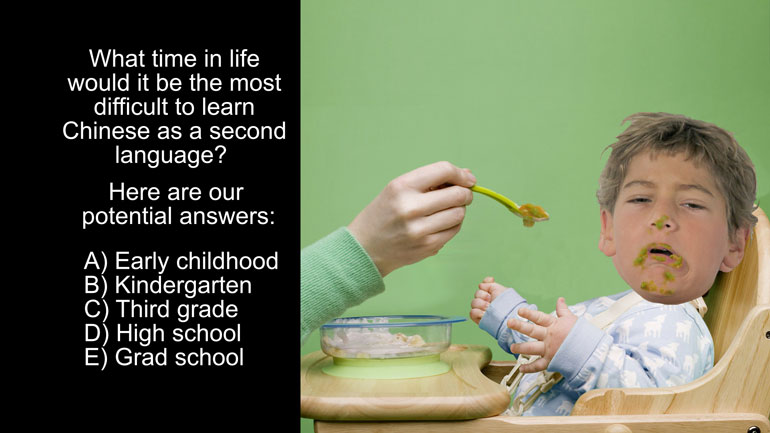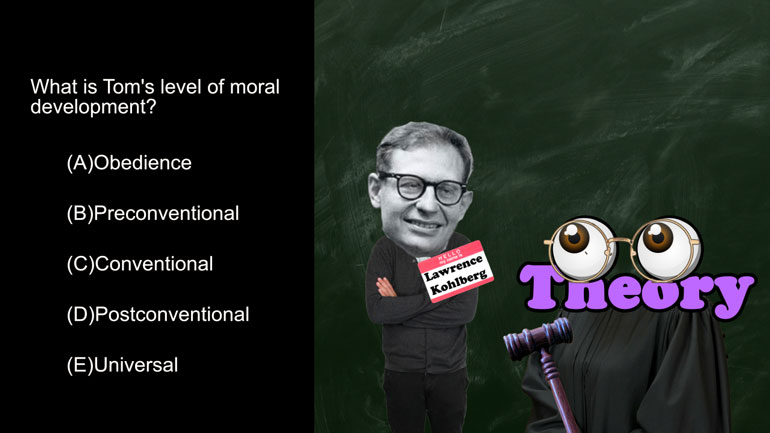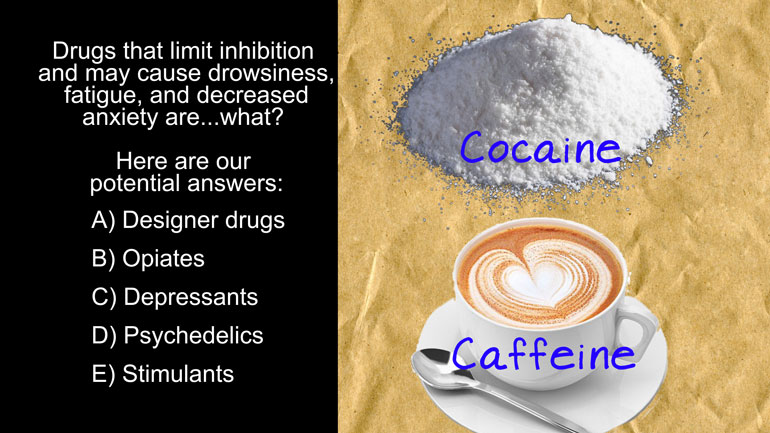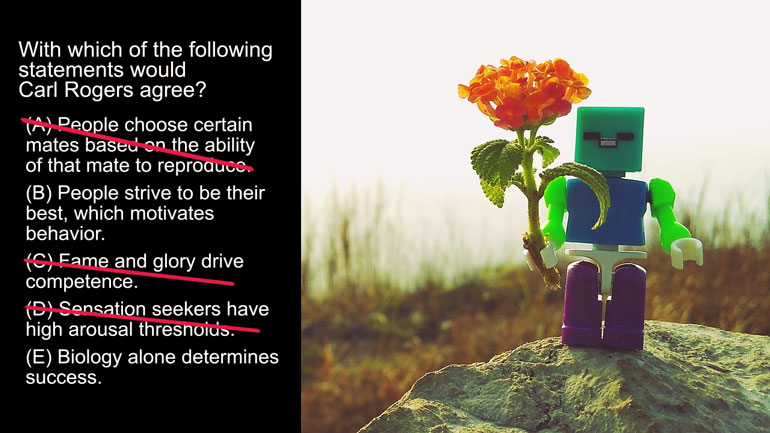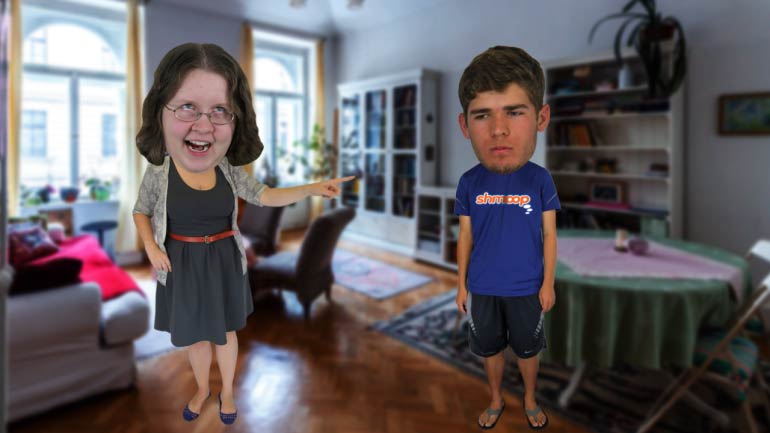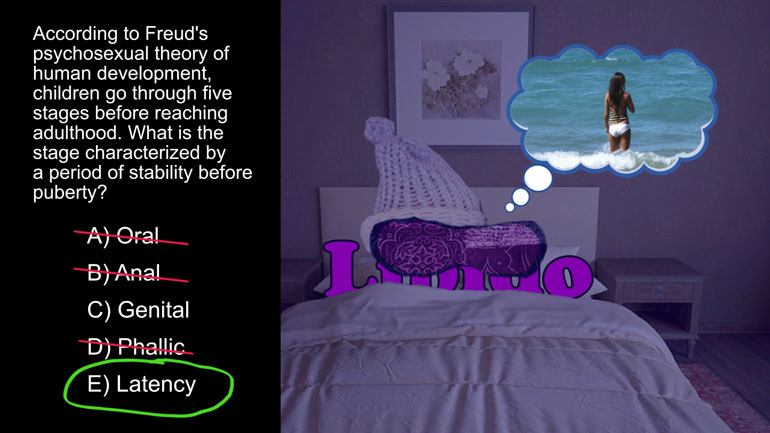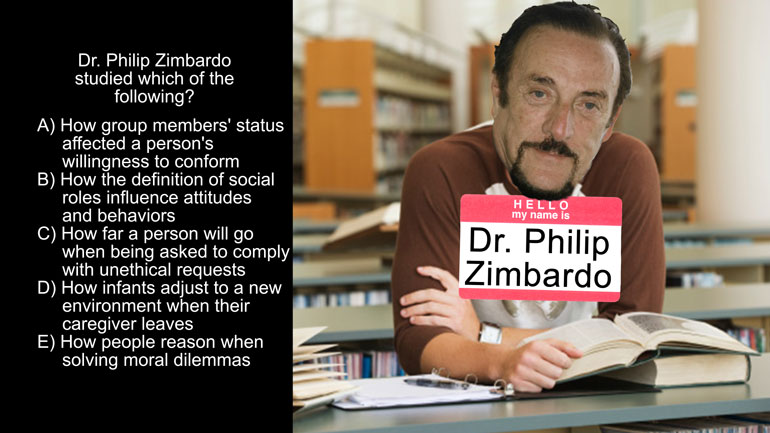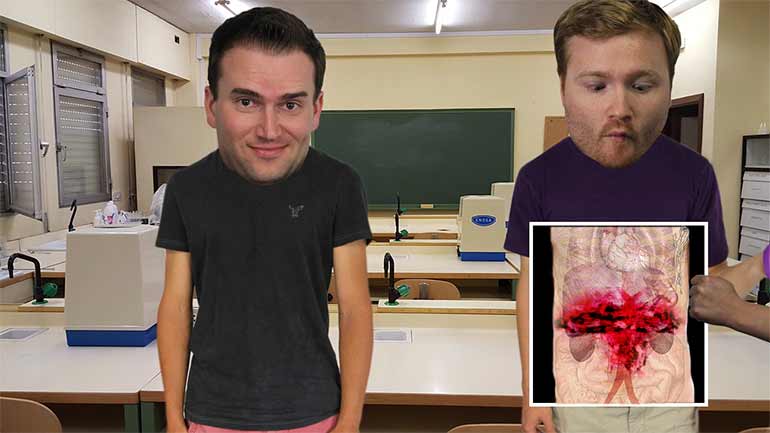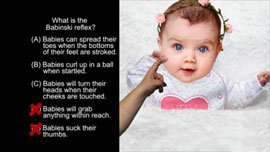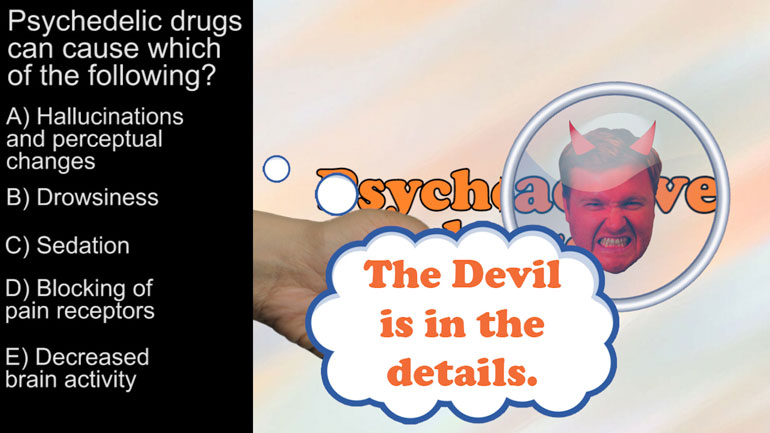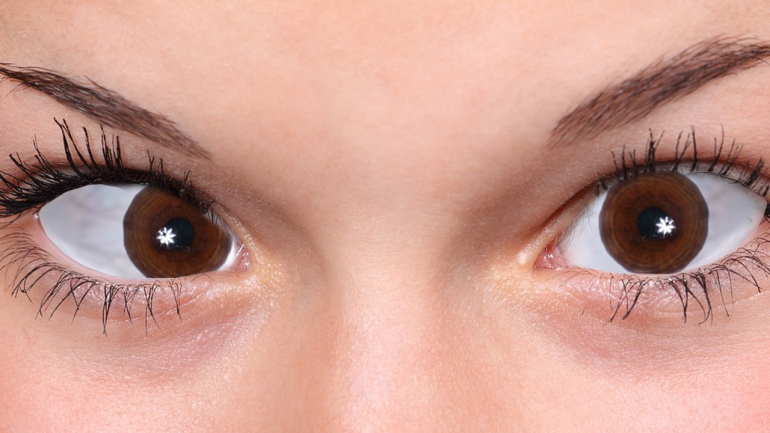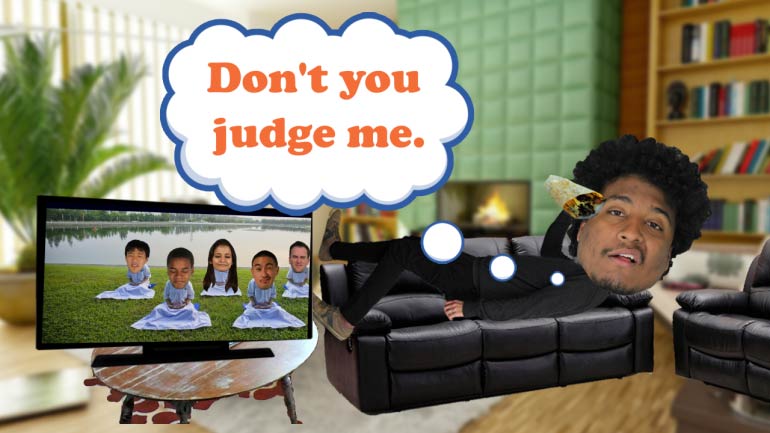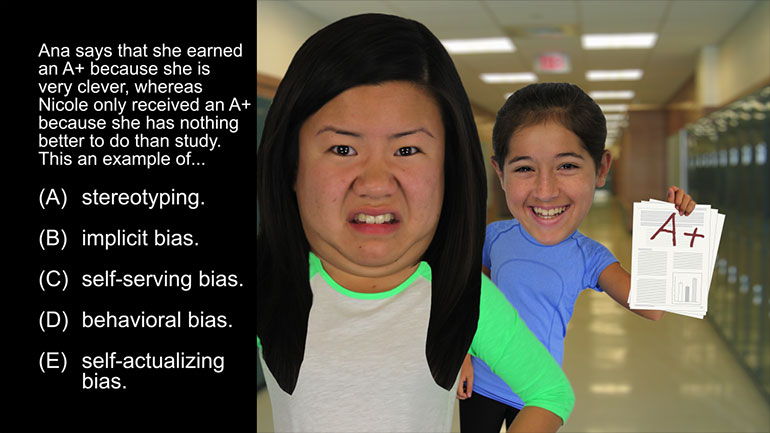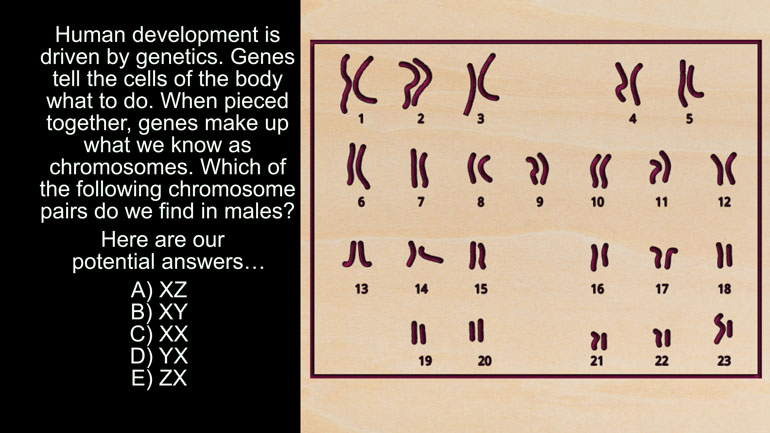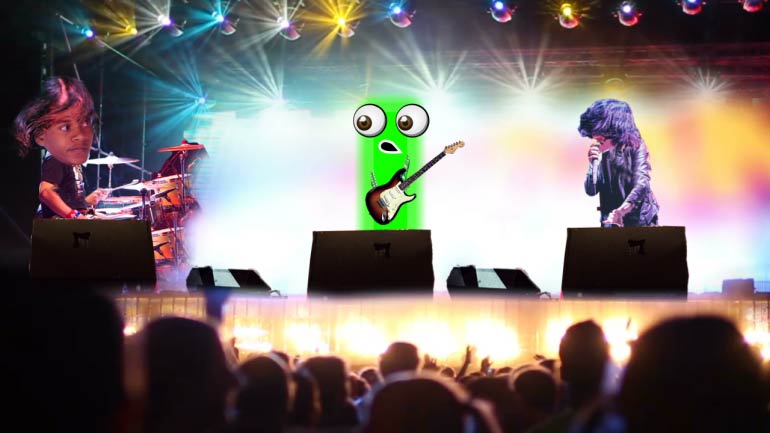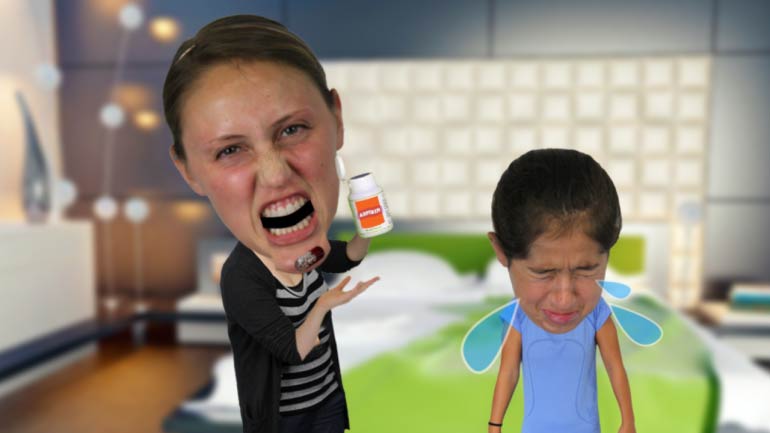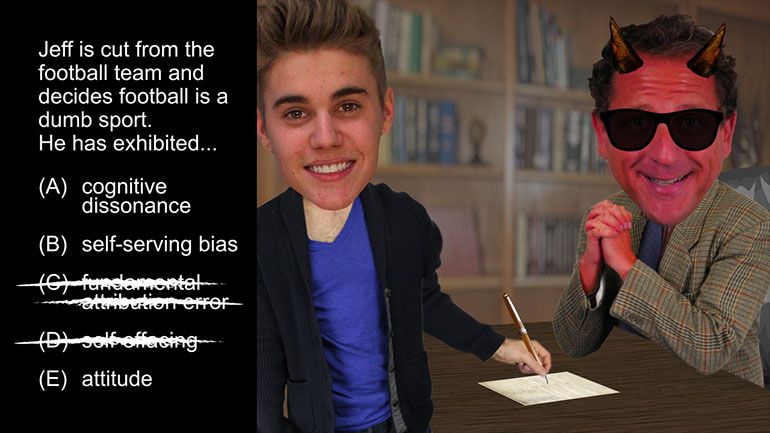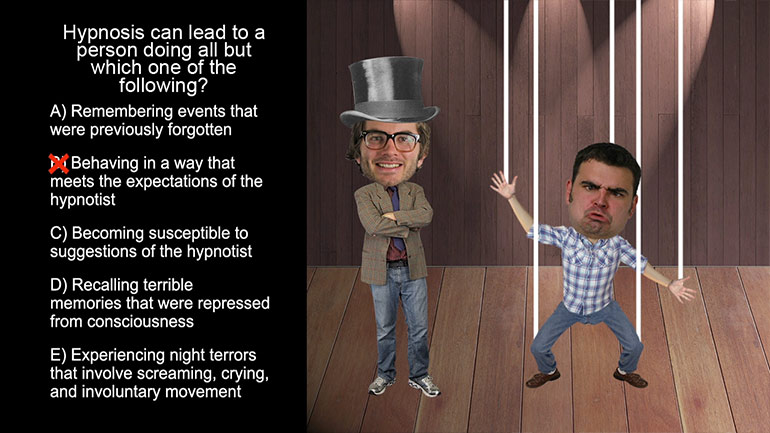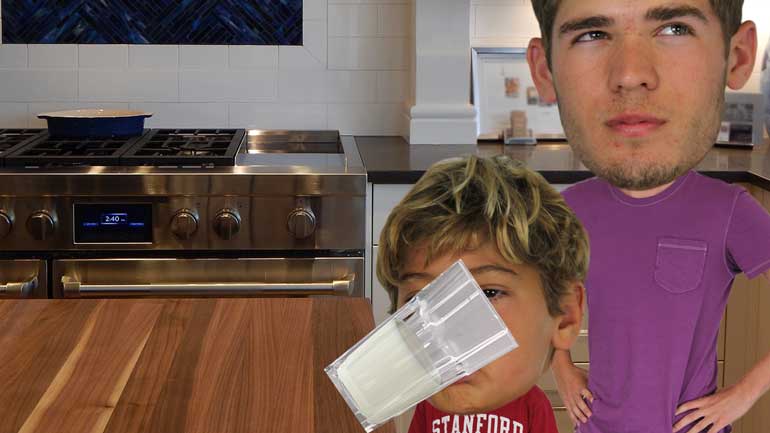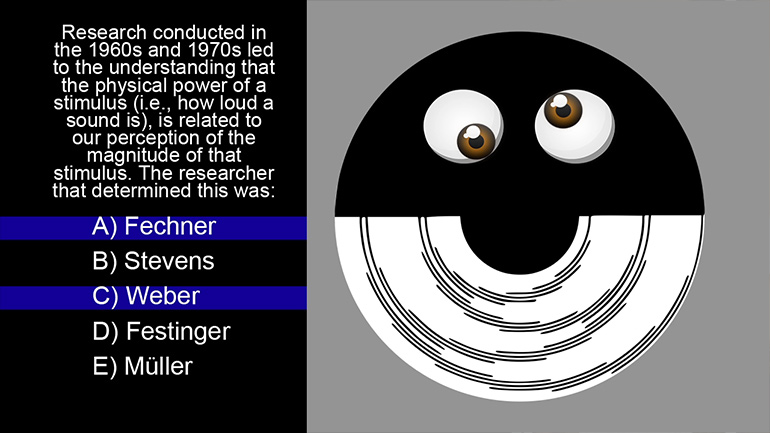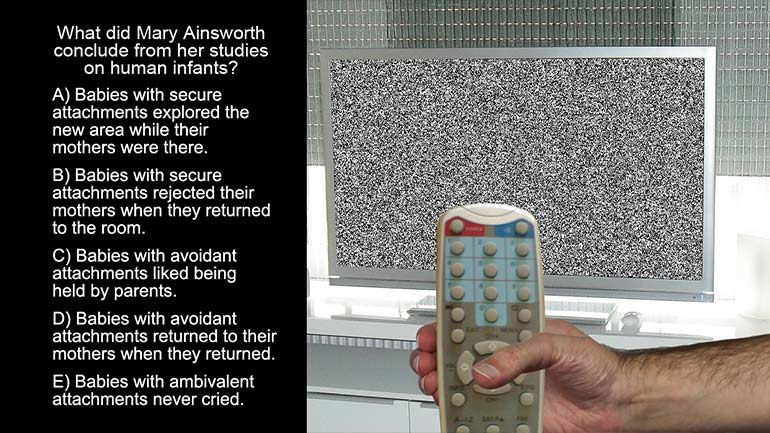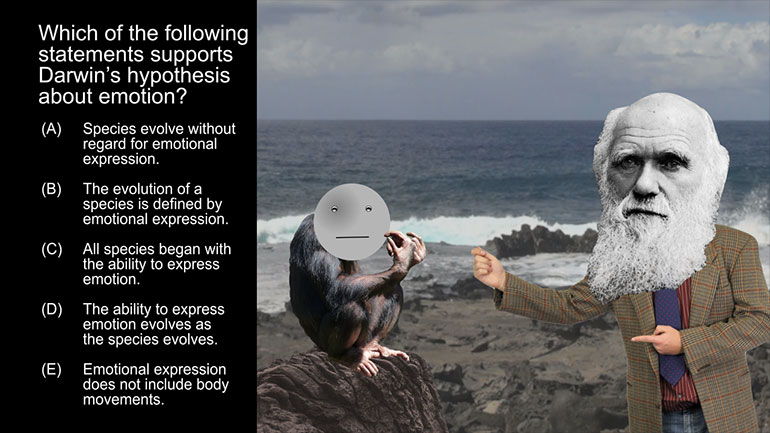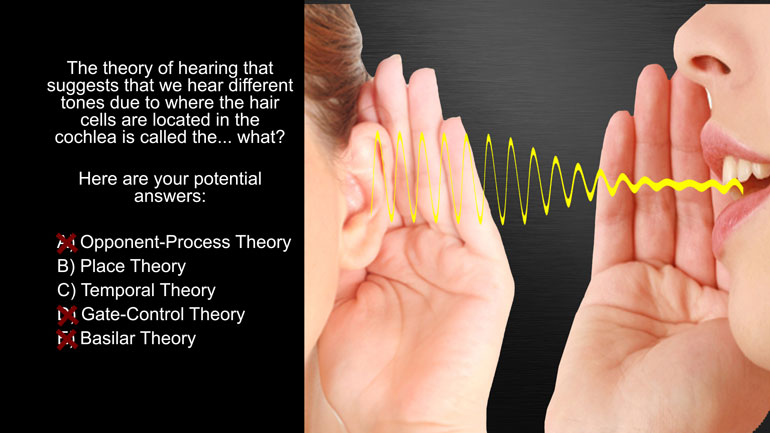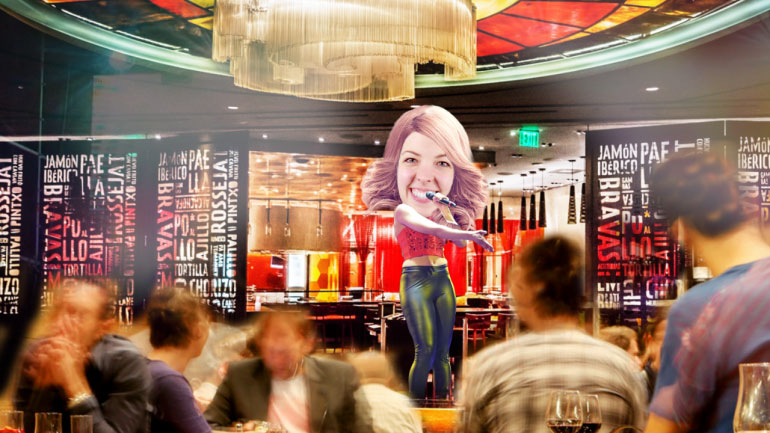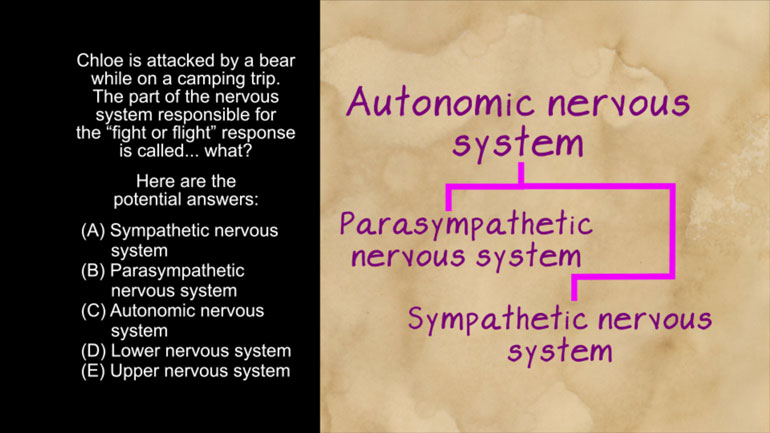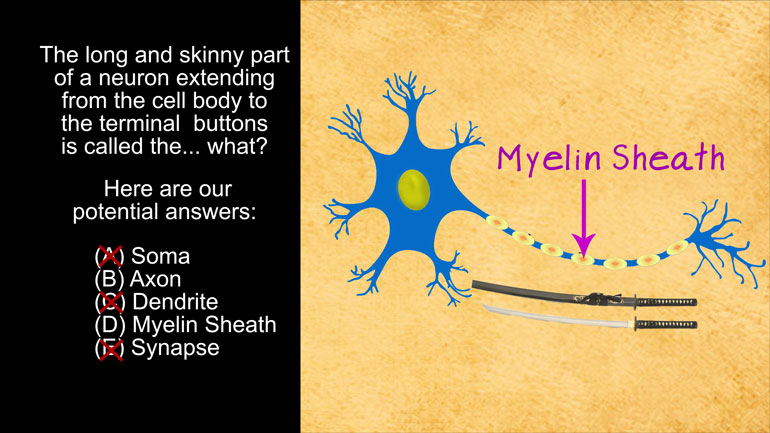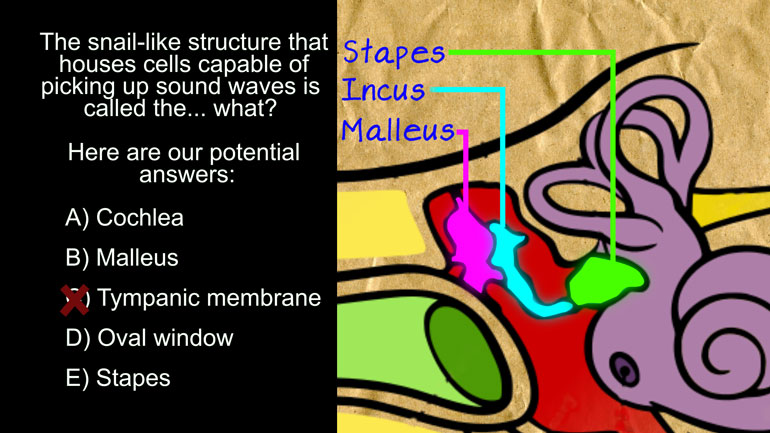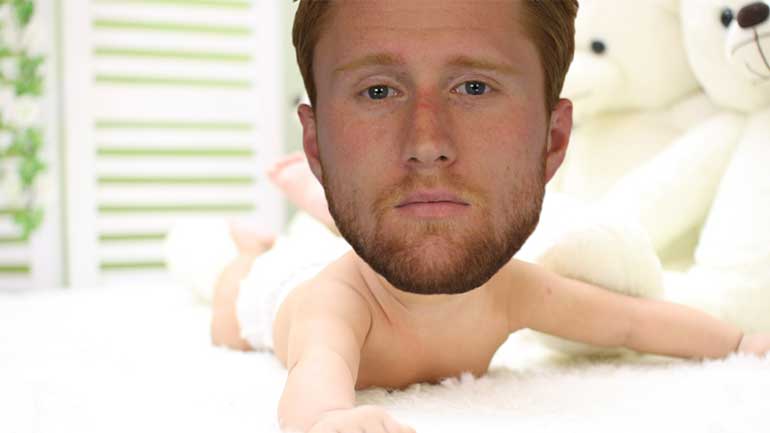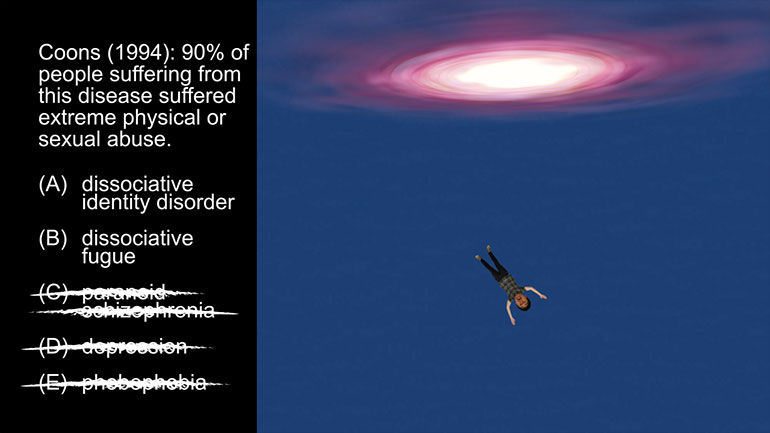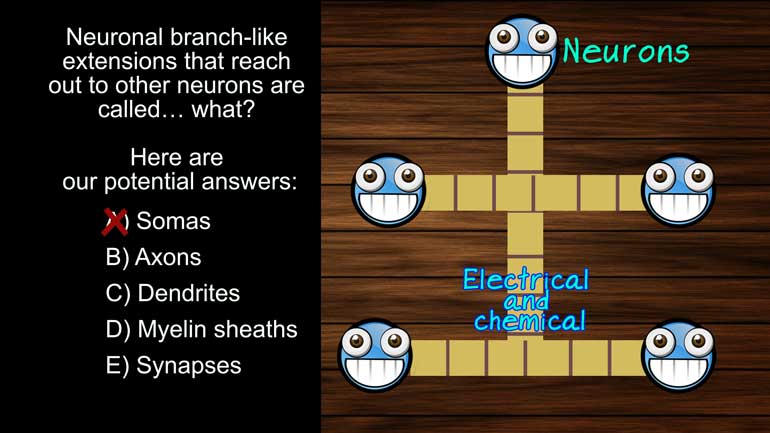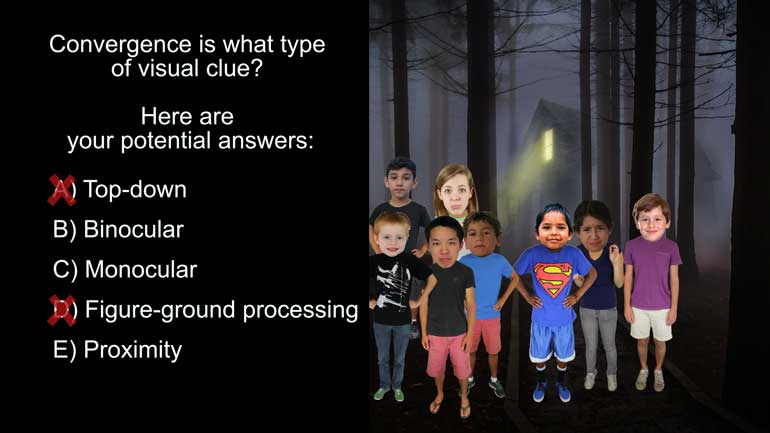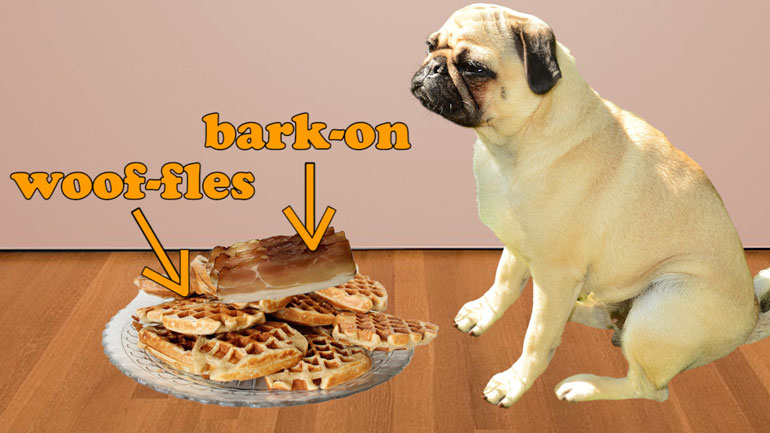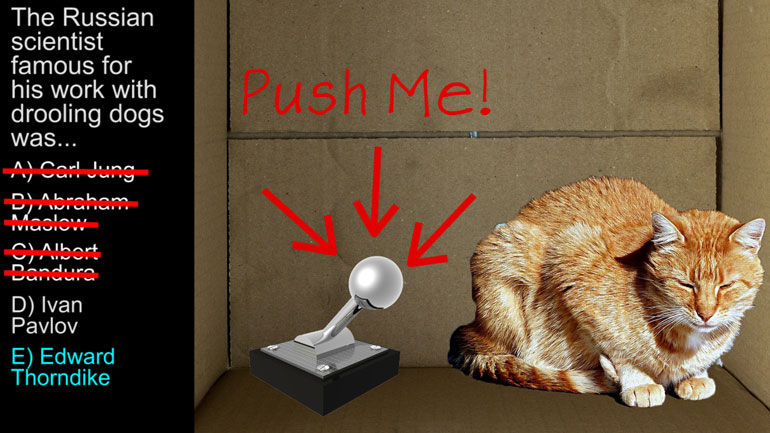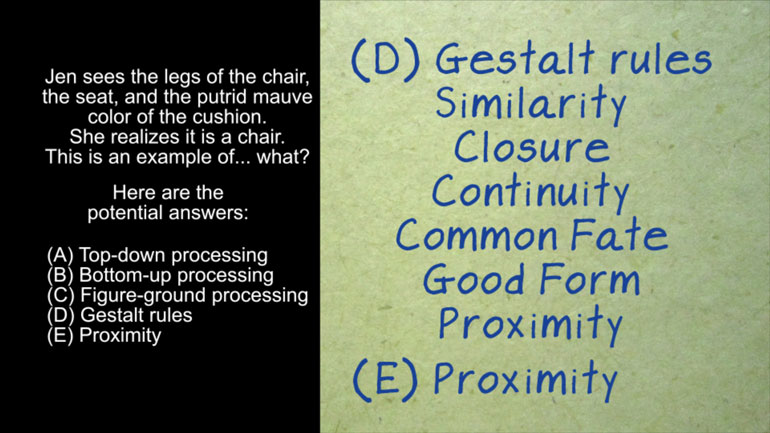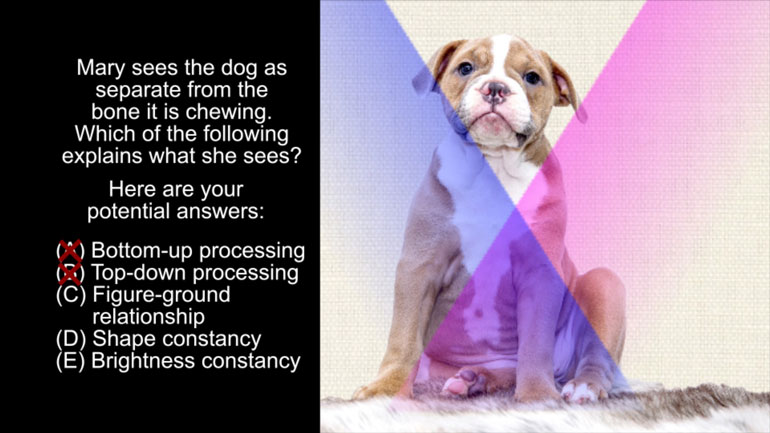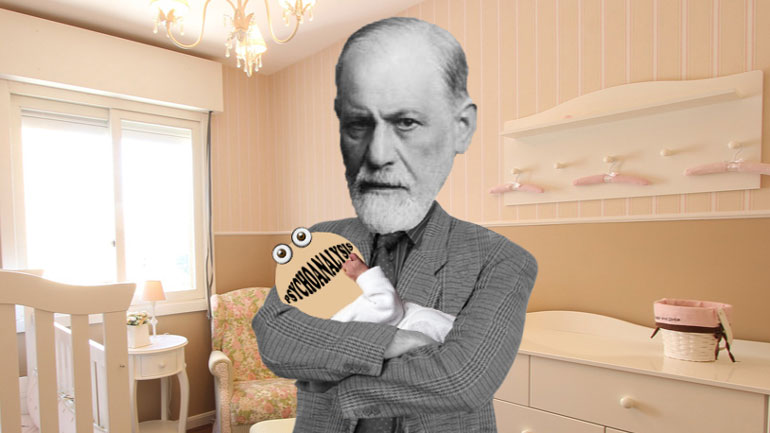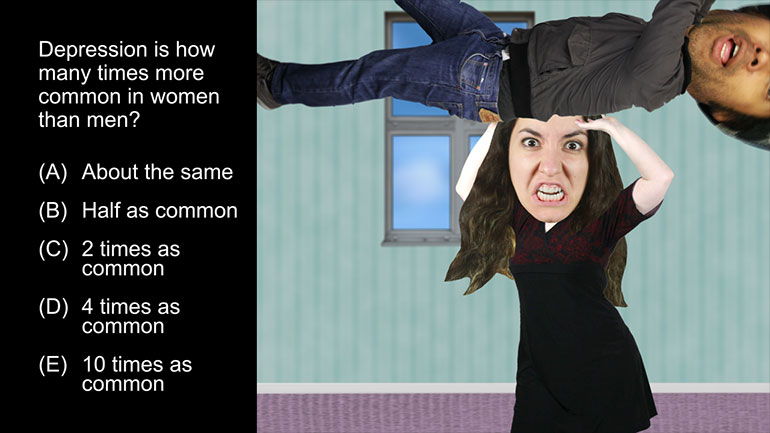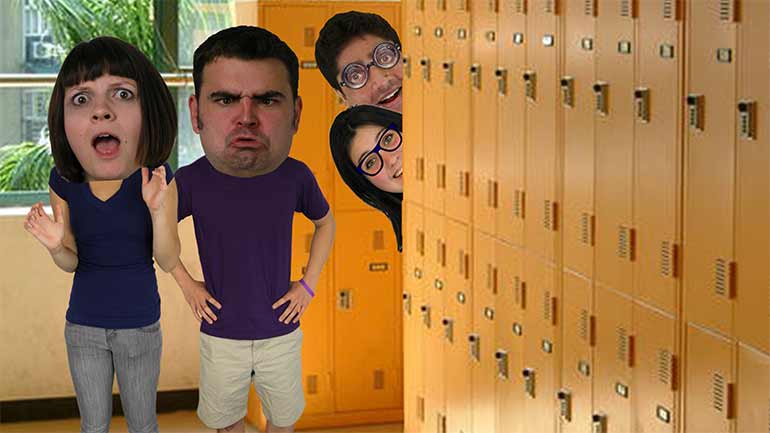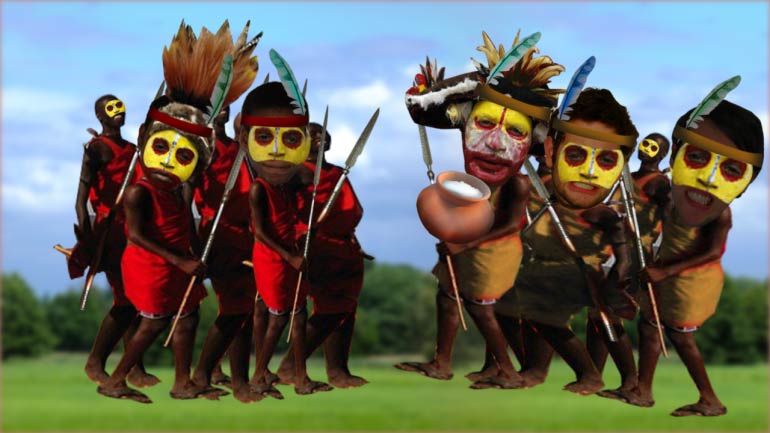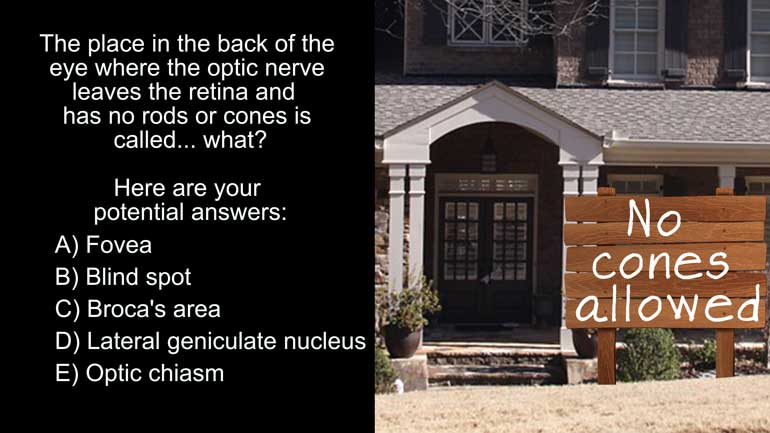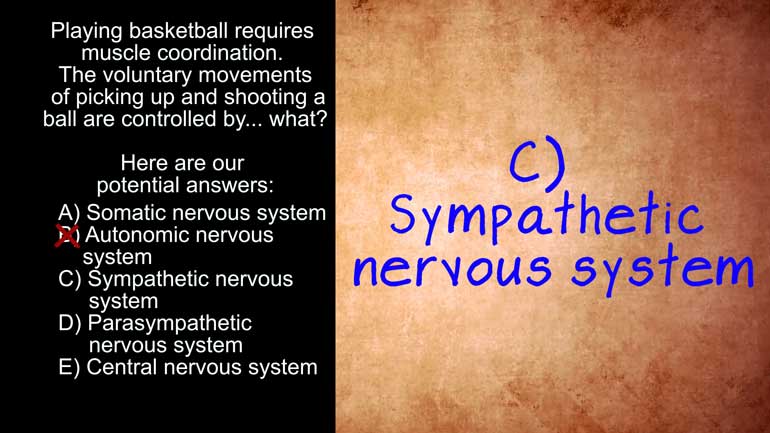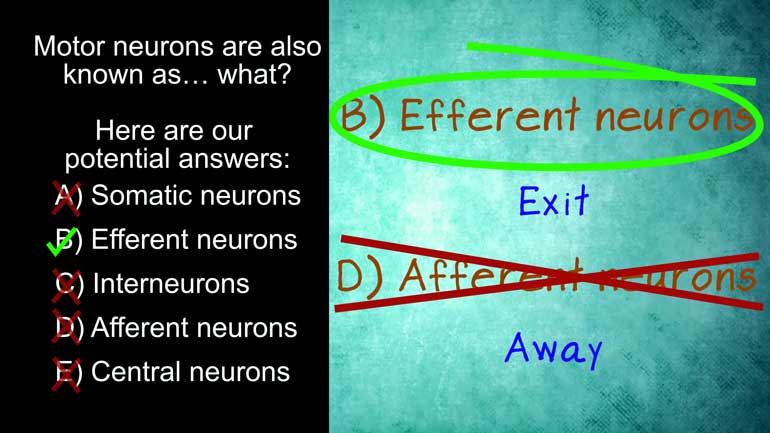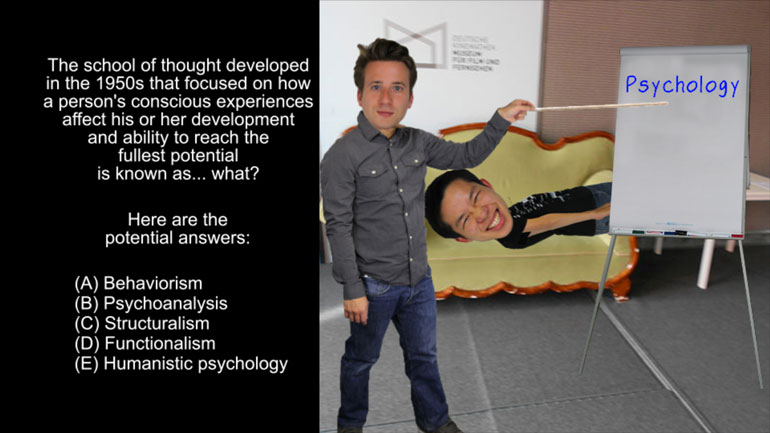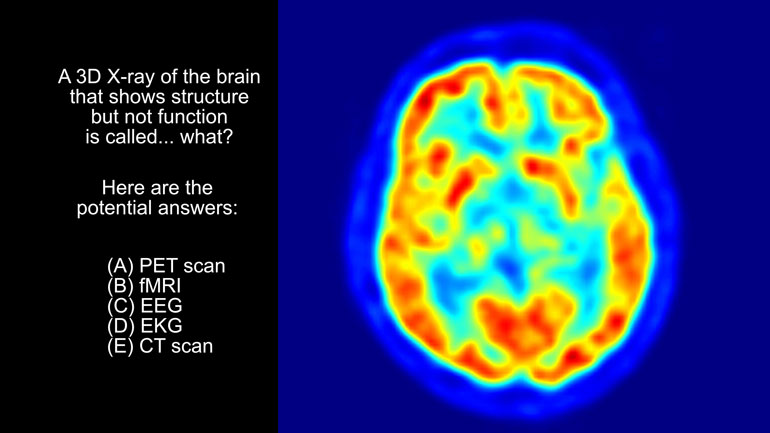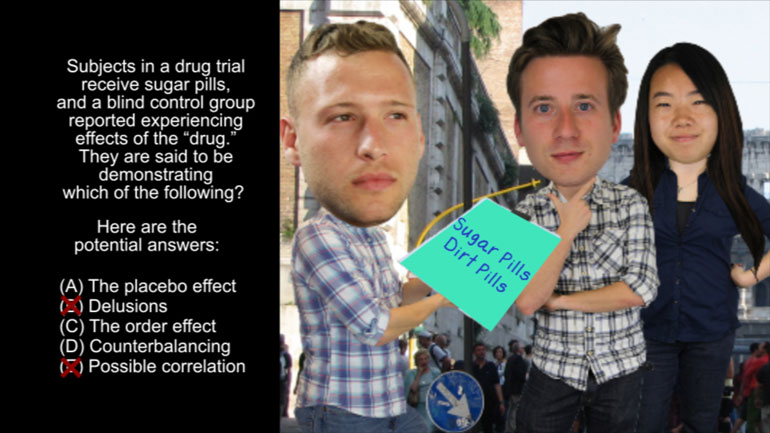ShmoopTube
Where Monty Python meets your 10th grade teacher.
Search Thousands of Shmoop Videos
AP Psychology Videos 163 videos
AP Psychology 2.2 Social Psychology. Which of the following was an independent variable manipulated in Asch's research?
AP Psychology 1.1 Personality. According to Freud, these three parts of personality are constantly in conflict.
AP Psychology 1.1 Sensation and Perception. The process by which the brain can turn sensory stimuli from the outside world into electrical signals...
AP Psychology 3.2 Social Psychology 4 Views
Share It!
Description:
AP Psychology 3.2 Social Psychology. What is this situation an example of?
Transcript
- 00:04
Here's your shmoop du jour brought to you by a pluses the academic
- 00:08
equivalent of your grandma's tuna casserole it's the best there is Anna [Girl with tuna casserole dish]
- 00:12
and Nicole both take the same test both girls receive an A-plus on the way to
- 00:18
the lunchroom Anna is overheard telling her friend she earned an A-plus because
- 00:21
she is very clever whereas Nicole only received an A-plus because she has no
Full Transcript
- 00:25
social life and nothing better to do than study this is an example of what and
- 00:30
here the potential answers...So Anna is clearly
- 00:36
being a bit ridiculous in her assessment but what bias is she actually exhibiting [Anna and Nicole holding up test papers]
- 00:41
here it's not stereotyping because if Nicole looked like what Anna felt was a
- 00:45
stereotypical nerd then she would make assumptions about her grades and
- 00:49
social life based on that impression which isn't what's going on here it's not an [Anna crying on a bed]
- 00:53
implicit bias either which describes subconscious assumptions and stereotypes
- 00:58
that underscore a perception and understanding of the world around us but
- 01:01
while these implicit biases usually do favor ourselves in our own group over
- 01:05
others like what's happening with Anna it doesn't really fit either nor does D [Group of Nicoles approach Anna]
- 01:10
which basically just describes any form of bias that affects our decision-making
- 01:13
our behaviors it's certainly not E because another way of describing the
- 01:18
self actualizing bias is the not actually a real bias bias which doesn't
- 01:24
really sound like it would apply to this situation, no what Anna is exemplifying [Anna looking into a mirror]
- 01:28
here is a self-serving bias a self-serving bias occurs when we explain
- 01:33
our own behavior in a way that is consistent with the way we explained
- 01:36
others behavior all in an effort to make ourselves you know look good [Anna looking into a mirror and green monster appears]
Related Videos
AP Psychology 2.2 Social Psychology. Which of the following was an independent variable manipulated in Asch's research?
AP Psychology 1.1 Social Psychology. Which of the following best describes social psychology?
AP Psychology 1.1 Personality. According to Freud, these three parts of personality are constantly in conflict.
AP Psychology 1.1 Sensation and Perception. The process by which the brain can turn sensory stimuli from the outside world into electrical signals...
AP Psychology 1.1 States of Consciousness. Who conducted research on REM sleep deprivations?
